Our History
Raymond W. DuCharme, PhD. established the Learning Clinic in 1980. Based on his extensive experience in education psychology, research, and diagnosis of adolescent behavioral disorders, Dr. DuCharme envisioned the need for a program that would offer research-based therapeutic education to improve mood, attention, learning – and increase a child’s self-confidence in academic and interpersonal pursuits.
Through our vision, TLC was established to provide a fidelity of treatment for young people who are frustrated by not being able to do their best. This curriculum and clinical support integrates each person’s individual learning style and ability. We address the academic, social and emotional issues that have become obstacles to success.
TLC has evolved into a unique education community in an environment designed to meet the students’ needs. Through it’s Day, Extended Day, Residential, and Assisted Living programs, TLC offers every student guidance and nurturing though each of their developmental needs.
Under Dr. DuCharme’s leadership and staff commitment the school has achieved specific milestones over the past 40 years:
One of the few to provide computer curriculum for “gifted” children with disabilities in the United States.
Integrated Day and Extend Day Programs first established 1980 – 1985.
An integrated community based on Residential House Program established 1986.
A community based Independent Living Program to support work and college attendance established 1994.
Ways to measure results for each student on their use of medication academic transitions to higher levels of achievement to meet college expectations in our community and evidenced of the achievement of personal objectives.
Our aim has been to demonstrate how each and every student may reach levels of achievement and success.
We continue to share instructional methods, coding, 3D printing, virtual reality and large print art methods over the course of our Applied Arts on campus program since 1980 through program applications and new science.
Once of the first programs to investigate the influence of different child metabolism of medication on their academic and social performance.
We established a wilderness program 40 years ago and have been in collaboration with the USDA best practice application to over 2,500 acres of forest in Northern Maine and its tributaries to and from Moosehead Lake. We established a wilderness camp and village of Greenville presence for our families and students to engage in while water rafting on regional rivers, mountain hikes, canoeing and power boat exploration of lakes, ponds, and remote camping opportunities. We have created enthusiasm for student year round exploration of Maine’s highlands and lakes.
We have established a greenhouse program (2015) that has become an integral part of our student experience for study and planting of plants and flowers in our 2800 square foot greenhouse on campus.
All achievements have been reached because of involvement from members of the community where we regularly visit, parents, engagement of studies and dedication of our staff to put into operation ideas and best practices necessary for student achievement. Our research of the past twenty years reflects clear data of these influences. Students (509) in a 10% random sample demonstrated 22,000 data sets that included:
-
-
-
94% attendance at school
-
90% mastery of objectives achieved in behavior control consistent with a student role
-
90% of academic objectives
-
60% achieved entrance to QVCC
-
30% to a four year college
-
60% accomplished competitive employment, maintained for eight weeks or more.
-
-
As originally established, all TLC programs today are tailored to improve academic and personal success because: Every child can succeed!
Raymond W. DuCharme, PhD.
Executive Director
